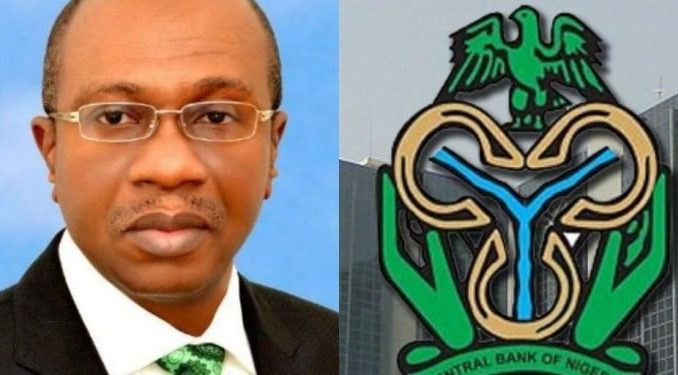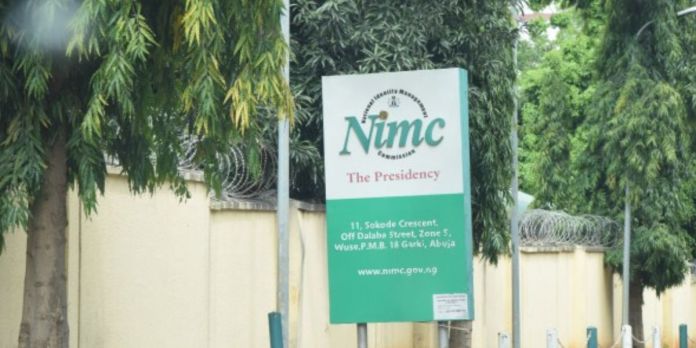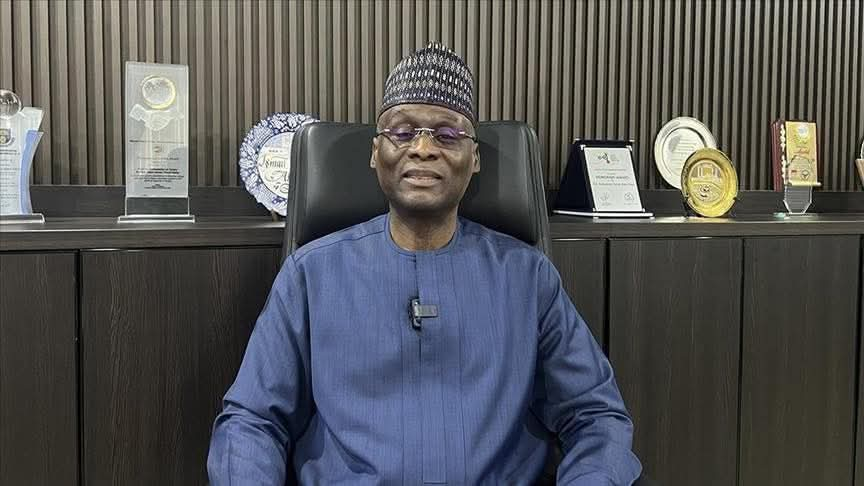The mention of foreign exchange in Nigeria has always been one that generates interest. So, it was not surprising that when the Central bank of Nigeria (CBN) announced that it would stop allocation to banks by the end of the year, there was so much talk about it. In this piece, BENJAMIN UMUTEME examines the implications of the apex bank’s proposed action.
He said: “The banks don’t have a choice and I said so in the meeting this morning with the bankers. I said the era is coming to an end because your customer makes $100 million demand for FX or $200 million and you want to pack all the dollars and pass it to the CBN to give you dollars.
“You must go and join the race, build your foreign exchange from your export customers to fund your import customers. That’s the best I can do to help. Run your race for your profitability so that you can make your shareholders happy.”
While the CBN boss tried to paint a hypothetical scenario, millions of Nigerians felt Emefiele said the regulator was rolling out a new policy.
The reality
However, with the new thinking by the banking community, it is gradually becoming obvious that Deposit Money Banks (DMBs) will have to up their game.
It is instructive to note that DMBs have a huge role to play collaborating with CBN in generating forex for people who need it. But that has not been the case as allegations of round tripping and double dealing in forex by DMBs, which many say has brought them huge profit. This, in fact, made them turn against the social welfare role expected of them. Regrettably, the adverse consequences are evident in the rate of inflation, the cost of funds and ultimately on the exchange value of the Naira.
According to a political economist and development researcher, Adefolarin Olamilekan, “this aspect where DMBs are supposed to help build foreign exchange from the export proceeds of customers as well as fund import customers has been overlooked for so long.” And this is what the CBN governor is demanding from DMBs.
Many believe the proposal, if it sees the light of the day, will go a long way to reset the foreign exchange market due to underhand practices over the years. Watchers of national issues say it’s a welcome idea if the CBN can positively enforce this policy.
Aligning with the proposal, a public affairs commentator, Solomon King, said, “It is time banks sourced for their dollars because it never reaches the end users. They will sell it to aboki to make a profit.”
Brit Cousin, a financial analyst, was even more apt when he said “now either the banks become creative (e.g. invest in foreign students by providing fx loans), or just get complacent and the local economy suffers.”
However, Onyia L. B. sounded a bit different in his response as he noted that the policy “is coming too late.”
“The plan is coming in too late. This should have started last year, rather than stopping BDC from selling, they should have stopped both BDC and banks at quick succession/intervals to cushion any effect,” he said.
The fears
There are fears that the proposal would have big implications for the education sector, especially with the high number of Nigerians that apply to foreign universities.
According to data obtained from Universities and Colleges Admissions Service (UCAS) report, states that the number of applications from students to UK schools rose to 2,380 from 1,620 in 2021.
“Nigeria, a priority country in the International Education Strategy, continues to be an emerging market showing huge growth, 47% up year-on-year at 2,380 from 1,620 in 2021,” the report revealed.
The report also disclosed that China grew by 12.1% to 28,930 applicants while “India grew by 11% year-on-year to 8,660 applicants.”
A Nigerian studying in one of the universities in Ukraine said the move would be a welcome development even though it would be cumbersome for students, considering the long procedures necessary to carry out a transaction.
“It is a very good move, considering the fact that a lot of Nigerian students outside the country are suffering, some have been expelled from the universities even in their final year just because they could not pay their school fees due to the steep fall of the Naira against the Dollar, the availability of funds and the high exchange rate at black market,” he said.
More experts’ views
The director-general, Lagos Chamber of Commerce and Industry (LCCI), Dr. Chinyere Almona, said the plan would help to diversify Nigeria’s revenue sources.
A financial analyst at Quantum Economics, Olumide Adesina, said the policy could be a move to a more flexible exchange rate system that would affect hot money (FPI) to the Nigerian economy.
“The (anticipated) move by the Central Bank of Nigeria to suspend the allocation of FX to DMB, will accelerate a market-driven exchange rate mechanism that can most likely showcase the true value of the naira, thereby attracting foreign portfolio investors, that have in recent years primarily stayed offboard due to stringent capital inflows.
“It will aid the apex bank from directly intervening in the local currency market, coupled with limiting the wide arbitrage differentials seen between the official and parallel currency markets thus putting many local currency speculators out of business.”
Also, a financial manager at Opera NG, Pascal Nkwodimmah, said the CBN’s efforts in boosting export proceeds could give the apex bank confidence to adopt a flexible exchange rate.
He said, “The implication of this CBN policy is positively pointing toward a floating exchange because of its effort to encourage non-oil exports that will be transacted through the import and export window. The CBN intention is to allow the price of FX to be determined within the market.”
Moving forward, Olamilekan suggested that in order to ensure monetary equilibrium, the CBN needs to eliminate or bring to the barest minimum the burden of round tripping and double dealing in forex, which, in most cases, compound loss of confidence in the apex bank official forex platform.
“Lastly, the apex bank, with all sense of urgency, must ensure the DMBs proactively take advantage of the opportunity available in the export /import facility window to fund the forex needs of import customers,” the political economist said.
Source: Blueprint





